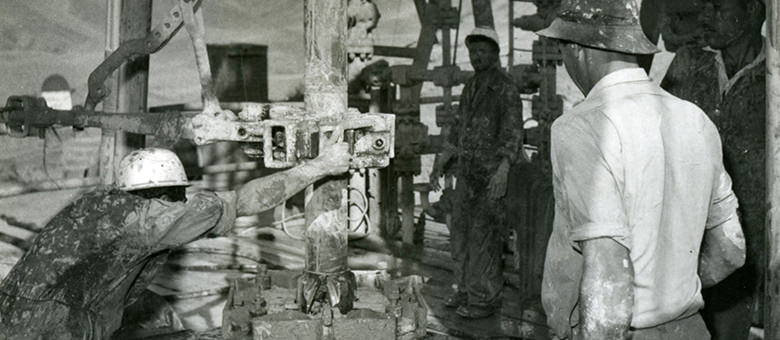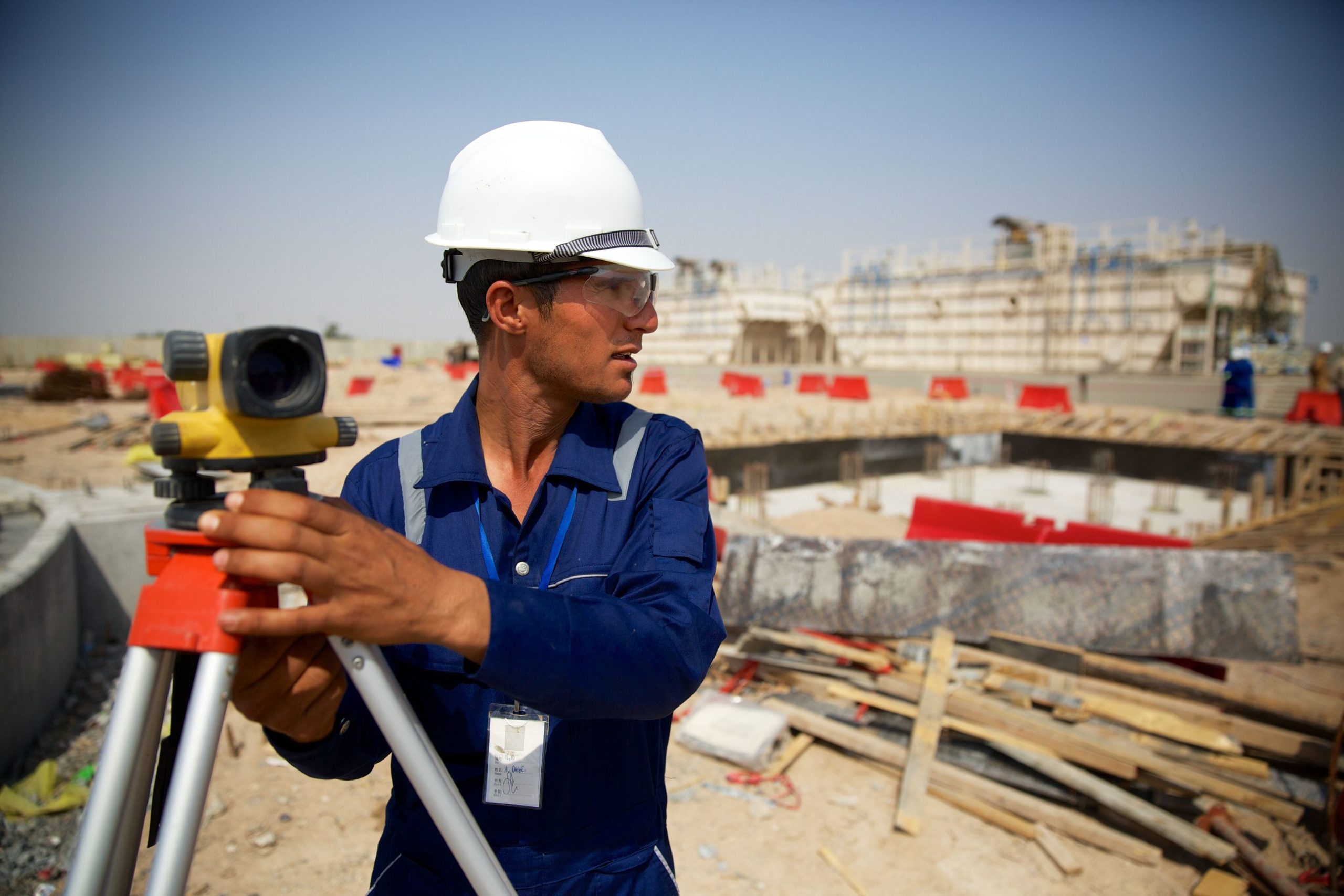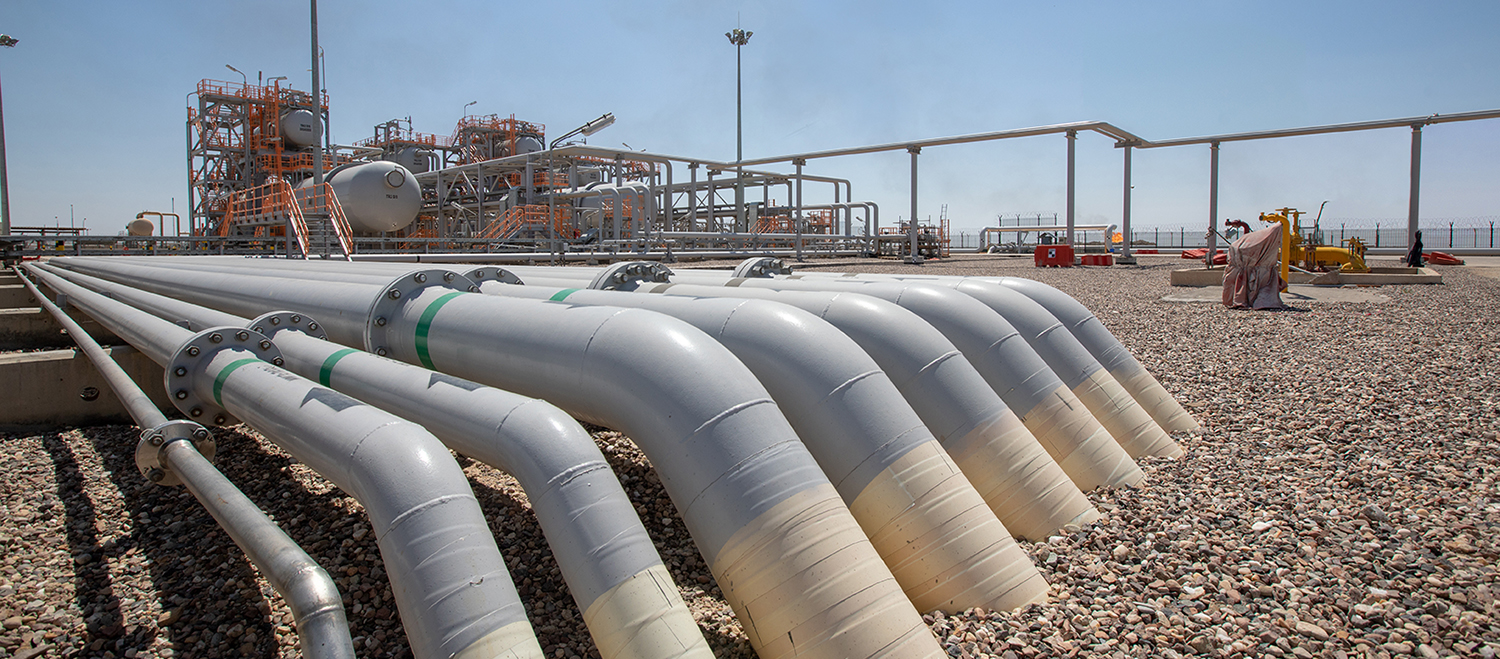
Commercial oil production began in December 1954, and grew steadily in the following decades, peaking at 1.75 million barrels per day (bpd) in May 1979, with a daily average that year of 1.5 million bpd.
However, years of conflict and under-investment thereafter saw production rates fall steadily, dropping by around 5% every year by the early part of the 21st century. Average daily production at that point rarely reached beyond 1 million bpd. However, the dedication, determination and skill of Basra Oil Company (previously known as SOC) workforce ensured that the oilfield remained operational during the most difficult moments, often using equipment that was over 50 years old.

Realizing the need for change, in 2009 the Ministry of Oil developed a 20-year Technical Service Contract that involved SOC (now known as Basra Oil Company), bp, PetroChina and the Oil Marketing Company (SOMO) to safely increase production.
Safety was made the number one priority and an initial production target was set and reached ahead of time in December 2010. This rise in average daily production reversed the previously declining production trends and proved the potential of the field for future increased production.

Substantial investment has been made to modernize the operation: cutting edge technology has been introduced, local staff trained, facilities refurbished, and new wells drilled. This resulted in the field consistently producing above 1.3 million bpd each year and in 2014 the Technical Service Contract was extended to 25 years (to 2034). In 2018 and 2019, Rumaila continued to progress despite cuts forced by national austerity, with daily production rising to more than 1.45 million bpd.
Most recently, it has weathered the storm brought about by the global coronavirus pandemic. Despite the disruption to staff availability, severely impacted supply chains, and international restriction of travel, production remained stable and averaged around 1.4 million bpd.
In June 2022, bp and PetroChina formalised the partnership between the two companies by creating the Basra Energy Company (BECL) to manage their interests at Rumaila and to help support optimized and continued investment in the field.